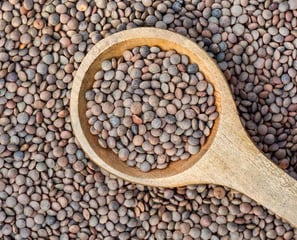India, the world's second-largest producer of pulses, has long been a significant player in the global pulses market. With a rich agricultural heritage and a diverse range of pulse crops, India has been catering to the protein needs of millions of people around the world. The country's pulses export industry has witnessed significant growth in recent years, driven by increasing global demand, favorable government policies, and the efforts of Indian exporters.
India's Pulse Production Scenario
India is home to a wide variety of pulse crops, including chickpeas, lentils, peas, mung beans, urad beans, and kidney beans, among others. The country's pulse production has been steadily increasing over the years, with the 2022-23 crop year seeing a record production of over 25 million tons. The major pulse-producing states in India include Madhya Pradesh, Maharashtra, Rajasthan, Uttar Pradesh, and Karnataka.
Global Demand for Pulses
The global demand for pulses has been on the rise, driven by increasing awareness about the health benefits of pulse-based diets. Pulses are an excellent source of protein, fiber, and essential micronutrients, making them an integral part of a healthy and sustainable diet. The United Nations has declared 2016 as the International Year of Pulses, recognizing the importance of pulses in achieving global food security and sustainable agriculture.
India's Pulses Export Performance
India's pulses export has been growing steadily over the years, with the country emerging as a major player in the global pulses market. In 2022-23, India exported over 2.5 million tons of pulses, valued at around ₹15,000 crores (approximately $2 billion). The major destinations for India's pulses exports include countries in the Middle East, Africa, Asia, and Latin America.
Major Pulses Exported from India
India exports a wide range of pulses, including:
Chickpeas (Desi and Kabuli): India is the world's largest producer and exporter of chickpeas, accounting for over 70% of global exports. Desi chickpeas are primarily exported to countries in the Middle East and Africa, while Kabuli chickpeas are in high demand in the United States, Canada, and Australia.
Lentils: India is the second-largest producer and exporter of lentils, with major markets including Canada, the United States, and countries in the Middle East and Africa.
Peas: India is a significant exporter of peas, with major markets including China, the United States, and countries in the European Union.
Mung Beans: India exports a significant quantity of mung beans, primarily to countries in Southeast Asia and the Far East.
Urad Beans: India is a major exporter of urad beans, with major markets including countries in the Middle East and Africa.
Government Initiatives to Boost Pulses Exports
The Indian government has been actively promoting pulses exports through various initiatives, including:
Pulses Export Promotion Scheme: The scheme provides financial assistance to exporters to promote pulses exports.
Agricultural and Processed Food Products Export Development Authority (APEDA): APEDA provides support to pulses exporters through various initiatives, including market development, quality control, and infrastructure development.
Pulses Buffer Stock Scheme: The scheme aims to stabilize pulse prices and ensure a steady supply of pulses to the domestic market, thereby reducing the dependence on imports.
Challenges and Opportunities
Despite the growth in pulses exports, the industry faces several challenges, including:
Fluctuating Global Prices: Global pulse prices are subject to fluctuations, affecting the profitability of Indian exporters.
Quality Control: Ensuring the quality of pulses exports is a major challenge, with Indian exporters facing stiff competition from other major pulse-exporting countries.
Logistical Issues: Logistical issues, including transportation and storage, can affect the timely delivery of pulses to global markets.
However, the industry also presents several opportunities, including:
Increasing Global Demand: The global demand for pulses is expected to increase, driven by growing awareness about the health benefits of pulse-based diets.
Diversification of Markets: Indian exporters can explore new markets, including countries in Latin America and the European Union.
Value Addition: Indian exporters can focus on value-added pulse products, such as pulse-based snacks and ready-to-eat meals, to increase their profitability.
Conclusion
India's pulses export industry has immense potential, driven by the country's rich agricultural heritage, favorable government policies, and increasing global demand. Indian exporters can capitalize on this opportunity by focusing on quality control, logistical efficiency, and diversification of markets. With the right strategies in place, India can emerge as a dominant player in the global pulses market, catering to the protein needs of millions of people around the world.
Why Choose Us for Your Pulses Export Needs
At Indian Export Solutions, we are committed to providing high-quality pulses to our global customers. With our extensive network of farmers, processors, and logistics providers, we ensure that our pulses meet the highest standards of quality and safety. Our team of experts works closely with customers to understand their specific requirements, providing customized solutions to meet their needs. Whether you are looking for chickpeas, lentils, peas, or any other type of pulse, we are your one-stop solution for all your pulses export needs. Contact us today to learn more about our pulses export services.
Pulses Export from India to Global Markets: Unlocking the Potential of India's Protein-Rich Harvest
Our Products






Chickpeas
Peas
Kidney Beans
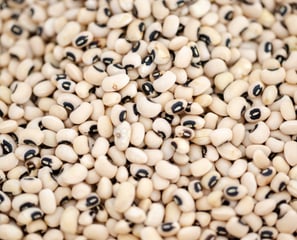

BLACK-EYED PEAS
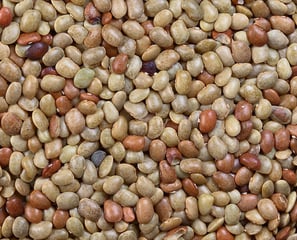



Soybeans
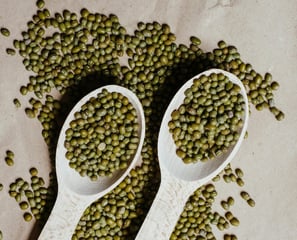



Green Gram
Pigeon Peas
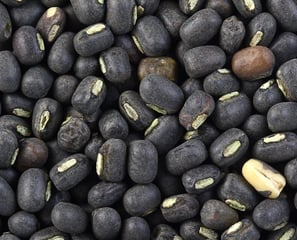

Black Gram
Horse Gram
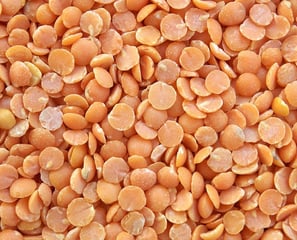

Masoor Dal
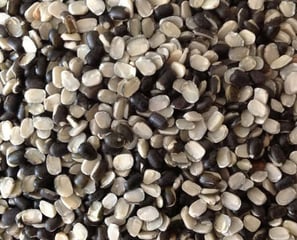

Urad Dal
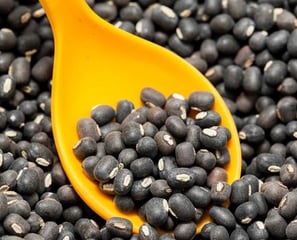

Urad Dalgota
